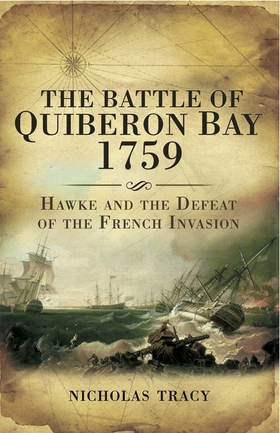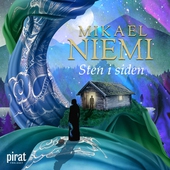
Lägg till önskelistan
The Battle of Quiberon Bay, 1759 e-bok
Pris
115 kr
Revered naval theorist, Alfred Thayer Mahan, thought the Battle of Quiberon Bay (20 Nov 1759) was as significant as Nelson's victory in 1805, calling it 'the Trafalgar of this war [the Seven Years War]'. Arguably it was even more vital. Britain in 1759 was much less well-defended, with virtually no regular troops at home, and the threat of French invasion was both more realistic and more imminent.
When the British fleet under Admiral Hawke fell upon them, the French ships of the line under...
E-Bok
115 kr
Pris
Förlag
Pen and Sword
Utgiven
23 Februari 2021
Längd
256 sidor
Genrer
Historia & Arkeologi, Samhälle Och Politik, Fackböcker
Språk
English
Format
epub
Kopieringsskydd
Vattenmärkt
ISBN
9781844681662
Revered naval theorist, Alfred Thayer Mahan, thought the Battle of Quiberon Bay (20 Nov 1759) was as significant as Nelson's victory in 1805, calling it 'the Trafalgar of this war [the Seven Years War]'. Arguably it was even more vital. Britain in 1759 was much less well-defended, with virtually no regular troops at home, and the threat of French invasion was both more realistic and more imminent.
When the British fleet under Admiral Hawke fell upon them, the French ships of the line under Admiral Conflans were actually on their way to rendezvous with the invasion troopships gathered at the mouth of the Loire. Yet the battle and the admiral remain relatively obscure - there is no Quiberon Square or Hawke's column. The battle itself was fought in terrible weather, the French attempting to exploit their local knowledge by heading for Quiberon Bay, assuming the British would not follow them among its treacherous shoals in such conditions. Hawke, however, pursued them under full sail and the French ships were destroyed, captured, run aground or scattered for the loss of only two British ships which ran aground. The invasion was thwarted. Professor Nicholas Tracy studies the battle and its strategic consequences, particularly upon the war for North America.




